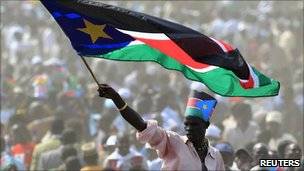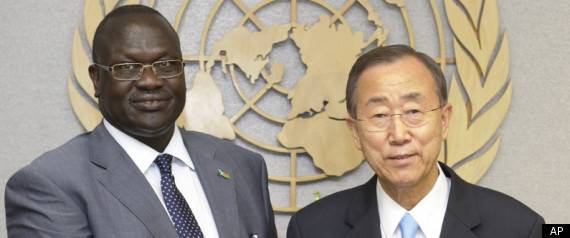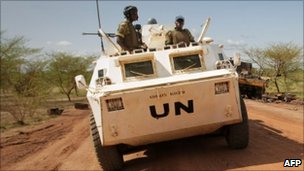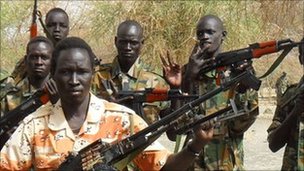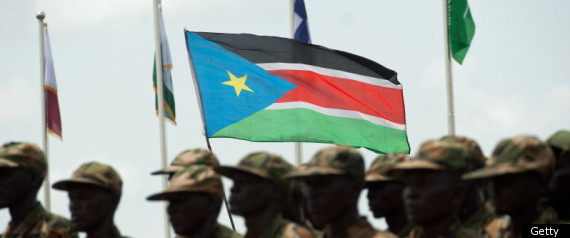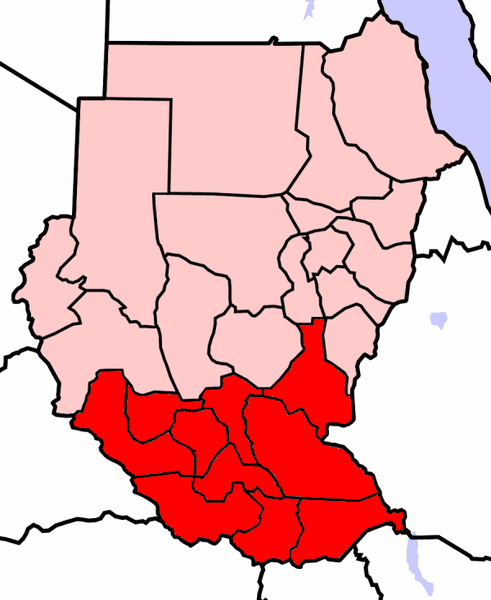- Thread starter
- #81
Crowds go wild as South Sudan marks its independence

Frenzied crowds went wild in Juba as South Sudan, the world's newest country, marked its long-awaited day of independence from the north when the clock struck midnight last night.
Among the revellers was South Sudan's information minister, Barnaba Marial Benjamin, who told Reuters: "It is already the ninth so we are independent. It is now."
North Sudan's Khartoum government was the first to recognise the new state, hours before the formal split took place, a move that smoothed the way to the division of what was, until Saturday, Africa's largest country.
The recognition did not dispel fears of future tensions.
Northern and southern leaders have still not agreed on a list of sensitive issues, most importantly the exact line of the border and how they will handle oil revenues, the lifeblood of both economies.
It's still very much a work in progress.
You are 100% correct Ropey, it very much is a work in progress. South Sudan is going to have build itself from the ground up, they still need to work on the basics like running water, paved roads, schools, food, building up their economy, training and equiping their Military (which I hope the US will help them with, like Israel has been doing), they have an advantage many poor countries in Africa don't and that is they have oil, but they will have to be careful with corruption, the South does have a long road ahead of it.


